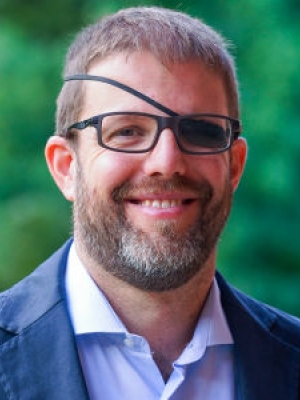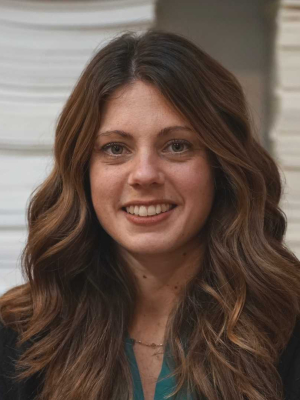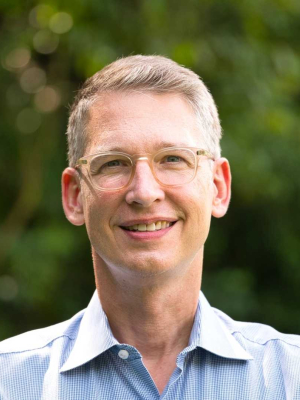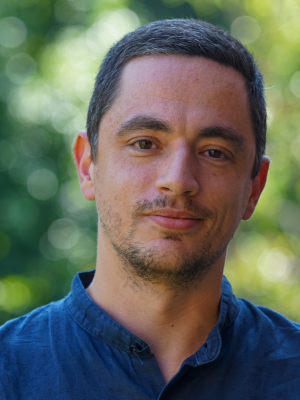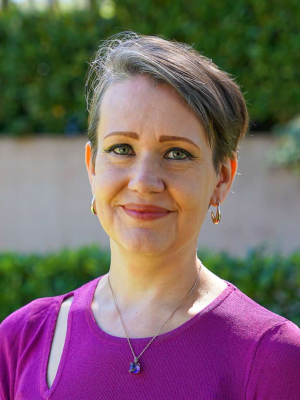Why Choose Health Sciences at Franklin?
A Truly Global Foundation for a Health Career
At Franklin, your education is not limited to classrooms and textbooks. With students from over 50 countries and faculty who mentor and inspire, you will study science in an environment that values culture, ethics, and collaboration. From day one, you will be part of a close-knit academic community, supported by professors who know your name and are committed to your success.
Through Academic Travel, you will explore health systems around the world - from public health initiatives in Europe to environmental health issues in Africa. This experiential learning is built into the program, offering 10–14 days of hands-on exploration every semester.
A Launchpad to Medicine—and Beyond
Franklin’s Health Sciences major provides rigorous, interdisciplinary preparation for students aspiring to careers in medicine and the health professions. The curriculum covers the standard pre-med coursework required by U.S. and Canadian medical schools, ensuring students are fully equipped to apply to any MD program. This foundation also satisfies the prerequisites of Caribbean, European, and other international medical institutions. Students are equipped with the knowledge, research experience, and critical thinking skills needed to excel on the MCAT and apply confidently to any medical school of their choosing.
Graduates are well prepared for diverse future paths, including:
- Medical school and allied health professions
- Public health and epidemiology
- Clinical psychology and neuroscience
- Biotechnology and biomedical research
- NGO work and global health leadership
Direct Pathway to Medical School
Franklin’s partnership with St. George’s University School of Medicine (SGU) provides Health Sciences majors a streamlined route to pursue their medical degree. Eligible students who meet SGU’s admissions requirements are guaranteed an interview—and international applicants are not required to take the MCAT.
Curriculum Highlights
- General Biology I and II with labs
- General and Organic Chemistry with labs
- Anatomy and Physiology
- Biochemistry
- Psychology, Sociology, and Clinical Psychology
- Epidemiology and Environmental Health
- Calculus and Statistics
- Senior Thesis in Health Sciences
- Academic Travel
Example of a 4-Year Study Plan
| Fall Semester | Spring Semester |
|---|---|
|
|
|
|
|
|
|
|
Your Future Starts Here
The Health Sciences program is more than a major—it is a community, a launchpad, and a purpose-driven education. It is for students who want to understand the world, care for others, and lead with science and compassion.

